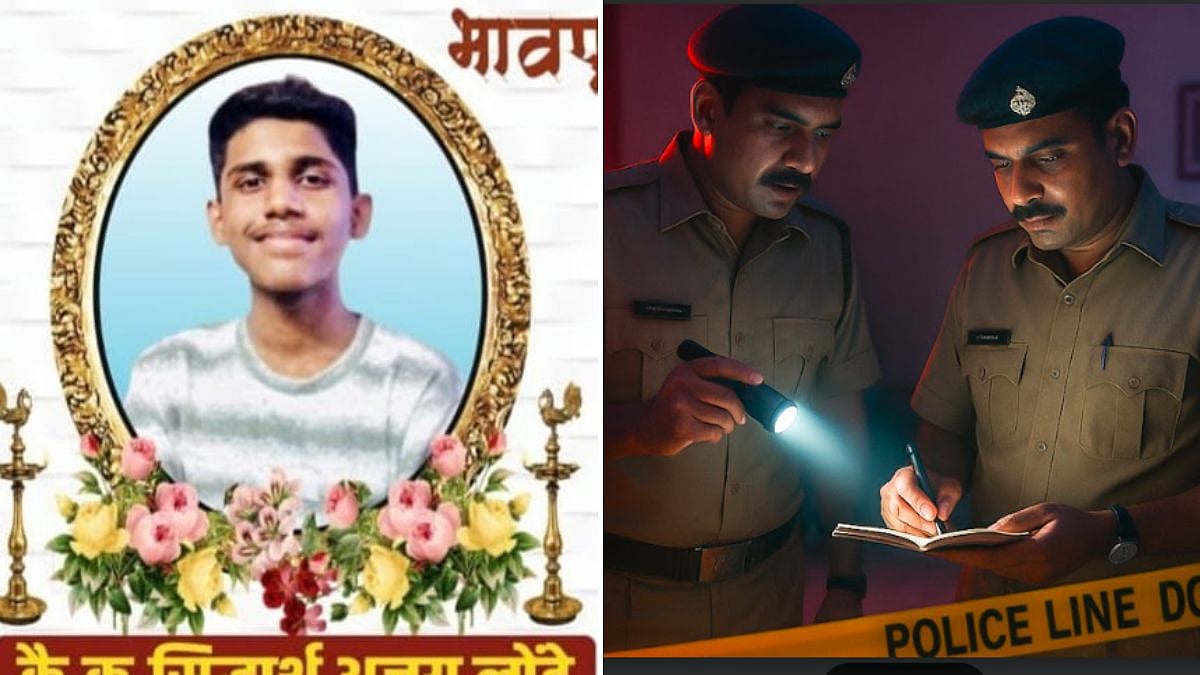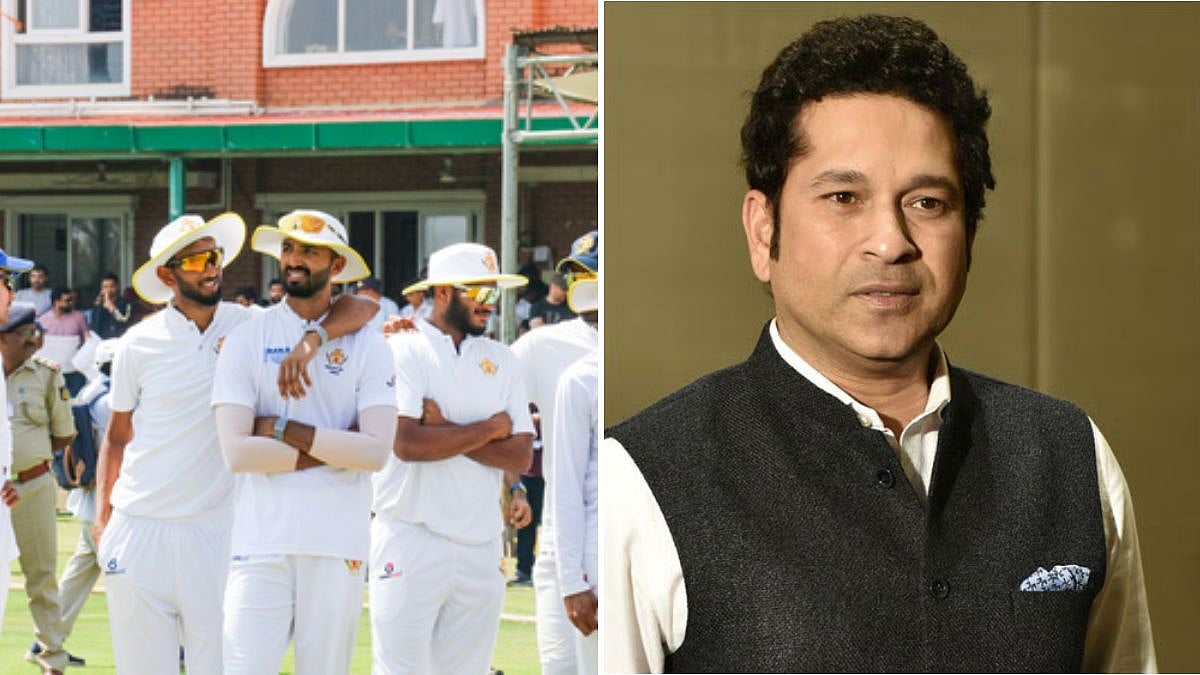It is indeed remarkable: The entire world is looking at us and we keep making flimsy excuses for our under-performing government, inventing ingenious alibis for the political and economic inertia; feigning that all is well – hubris has become a national malady. Let us see how we have indulged this government and allowed the political rhetoric and grandstanding to become a substitute for actual governance:
In the first year, Prime Minister Narendra Modi was full of himself: And why not? He had a resounding mandate, he had given the Congress a bloody nose, and for the first time since 1984 there was a single party majoritarian rule at the Centre. No one could deny him the moment of triumph and secular India allowed itself a flicker of a smile as its prime minister was greeted with the chant of Har Har Modi, Ghar, Ghar Modi. Of course, some of us were not exactly salivating at the prospect of seeing him in the PM’s chair — but that was our personal angst. We hid it behind our secular smirk!
One thing was invigorating — Modi had the capacity and the disposition to connect with the masses; he was talking in an idiom that we understood, and he seemed to be on our side of the social divide. We honestly did not mind the theatrics and the personalised style of politics, especially since it was quite a relief from the wooden Manmohan Singh.
So, when he promised a dynamic, fast-paced and a result-oriented administration, we readily believed him. So, when he pledged to turn India into a knowledge-based, innovative and technology driven society, we felt elevated. Occasionally, the distinction between politics and entertiainment got blurred, especially in NRI jamborees, but if the PM wanted to harness his goodwill abroad for domestic growth — for building high-speed railways and other infrastructure — it was fine with us. Soon, the PM was sharing with us his vision of a great Bharat — swachch, digital, smart, indigenous, housing for all — a sneak preview of the achche din that were just around the chowk.
He also kept reminding us that all this was happening in India for the first time — the dawn of a new beginning. We believed the fable because we had little choice and badly wanted to consummate our political dream. The first digression came when mothballed UPA schemes were dusted, tweaked, dressed up and relaunched. In fact, some of these — the Insurance Bill and the GST, at least — had been stonewalled by the BJP in the UPA dispensation.
All this was just a mock drill for what was to follow: the dressing up of the GDP figures by changing the accounting practices. But if that was going to put the oomph back into the Sensex and boost the economic indicators, we did not mind a little tinkering… We decided to wait for investor’s animal passions to be unleashed.
Sure, this was not exactly an honest beginning, especially for those of us waiting for a new development paradigm, but one has to wink at such aberrations. The Land Acquisition law was stillborn; labour reforms were not forthcoming and projects in states were not taking off but we had a handy excuse — the lack of consensus among the states and the fossilised system which did not give the government much room for manoeuvre.
The distress of the farmer was apparent, but we were told these were the birth pangs of the new market oriented approach towards agriculture, which would give us a good harvest in the long run. The pangs still continue, occasionally turning into death throes. There were other surprises: No one, for instance, considered PM Modi an economic recluse: yet he was treading on eggshells, refusing to usher in the GenNext reforms; perhaps it had something to do with BJP’s poor housekeeping, the fact that it was not calling the shots in the Rajya Sabha. We were ready to bear with that; in any case these were early days.
Of course, all this while we were nagged by doubts about the greenhorns in Modi’s team, but since the PMO was keeping a tab on the ministers, we were ready to look the other way. Yes, it did strike some political observers that running the Vajpayee government must not have been easy, too, especially with coalition partners sniping at its heels all the time. But most of us were not yet inclined to see this in terms of dissatisfaction with PM Modi and his team, per se.
During the much-hyped demonetisation, initially we took a vicarious pleasure in the discomfort of the rich and believed the fantasy that the government will equitably share with us what Manmohan Singh had disparagingly dubbed the ‘loot; rather, the middle class was inconvenienced and the unorganised sector and the marginal farmer put to much hardship. Also, the government changed the goalposts with a sickening regularity in a cash strapped economy, adding to the chaos. But in all seriousness, this was not the BJP government’s “all-inclusive development paradigm” that the nation was waiting for; we were surely not on the cusp of some kind of enlightened corporate socialism wherein the “companies will capitalise their profits and socialise their losses”.
We were still fuzzy after the roller coaster demonetisation ride when we realised there was another elephant in the room — the GST — the other pillar of PM Modi’s peculiar “trickle down economics”. Theoretically speaking, an economy that works for all is not a fantasy and enhancing tax compliance and broadening the tax base are laudable objectives. The problem is when politicians choose to become the centrepiece of even such an elaborate bureaucratic exercise as the GST, rather than leaving the matter to professionals.
There is an inherent occupational hazard in building such a construct around one’s own persona — by patting one’s own back for daring to clean up the economy — because all economic fairy tales don’t necessarily have a happy ending, especially those that are not based on reasonable growth assumptions.
So, all eyes are now on Mr Arun Jaitley; he has promised to bolster the economy but the clock is ticking for him and his options have clearly narrowed down in the third year — in the run up to the 2019 general elections. The challenges are huge but not insurmountable: government data shows GDP growth has declined steadily for six straight quarters while current account deficit in the April-June quarter has risen to 2.4 per cent of the GDP, mainly on account of an increased trade gap. And this despite ”a favourable macroeconomic outlook with easy money flowing in, global growth sputtering, comfortable foreign exchange reserves, reasonable oil prices and a salutary monsoon.”
It is good to move towards a tax regime and a cashless economy that works for all but the government also needs to boost sluggish investment and generate jobs and rising incomes, which can result in shared prosperity. But going by the track record of this government, we may have to endure another 18 months of carpet bombing and grandstanding on the GST and the ensuing mock fight against corruption. If that it happens we are doomed to live in a fairy tale that has no happy ending — not in the immediate future.
The author is editor of The Free Press Journal




